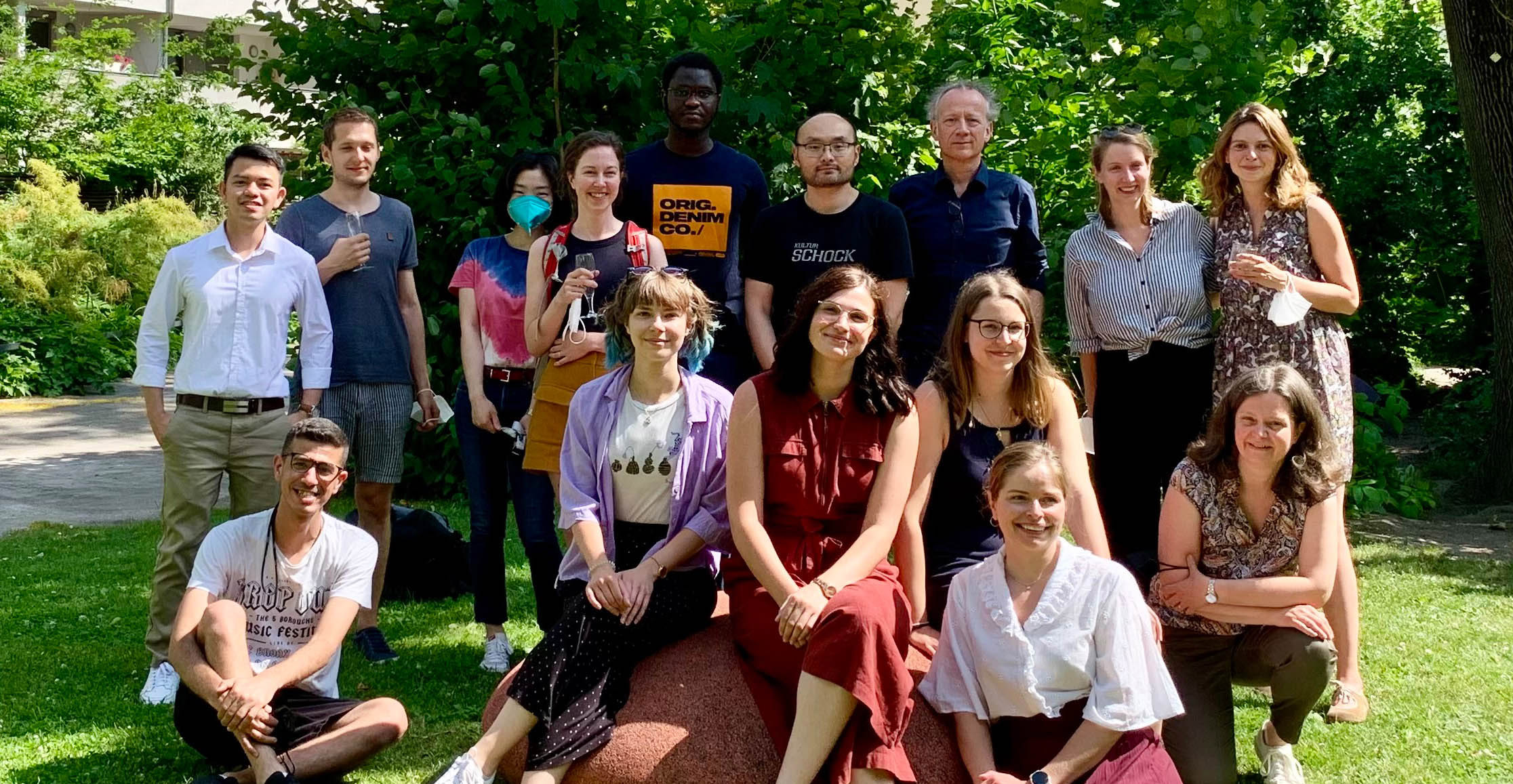Research Divisions

T lymphocytes (T cells) are key cellular players in the regulation and execution of immune responses in response to foreign pathogens and also against endogenous danger such as cancer cells. Our long-term research interest is to characterize molecular mechanisms that regulate the development, differentiation and effector function of T lymphocytes. With our studies we aim to provide important and medical-relevant insight into the regulation of T cell-mediated immunity. The Division of Immunobiology is formed by three research groups (for information about individual groups click the names of the principal investigators):
» Nicole Boucheron
» Wilfried Ellmeier (head of division)
» Shinya Sakaguchi
More information about the research groups, research projects, laboratory members and publications of the Division of Immunobiology is provided here.
The interaction of receptors on the surface of immune cells with their cognate ligands govern protective immune responses against pathogens and are important therapeutic targets to ameliorate immune pathology but also to improve anti-cancer immunity. We are studing the function of such molecules in immune responses. For this we have developed cellular tools that allow to assess the role of individual receptor-ligand pairs. Our focus is on costimulatory and coinhibitory pathways that act as critical regulators of human T cell responses.
A defect in B cell function can result in autoimmune diseases, immunodeficiency and immune dysregulation. The Division of Clinical and Experimental Immunology is interested in human B cell development, maturation and activation in physiological and pathological conditions. We have developed a unique expertise in in vitro modelling of early and late human B cell development that we combine with molecular and biochemical tools (spectral cytometry, scRNA seq, CRISPR Cas9 gene manipulation, single cell immortalization) in order to address our research questions.
Projects of the Division focus on:
- Regulation of early B cell development
- B cell fate decisions in the periphery
- Interaction of human B cells with the extracellular matrix
- Mechanisms of disease in monogenic defects leading to autoimmunity
- B cell function in rheumatological diseases
- Specific impact of novel targeted therapies on human B lymphocytes
Our scientific interests lie in the discovery and research of new mechanisms to control immune responses. The control and regulation of the immune system occurs through various mechanisms carried out by soluble factors, surface receptors and the metabolism of immune cells. These components work together to ensure an effective immune response against viruses and other pathogens or diseases. The aim of our work is to find new therapeutic ways to be able to treat in particular viral infections of the respiratory tract and inflammatory diseases better in the future.
